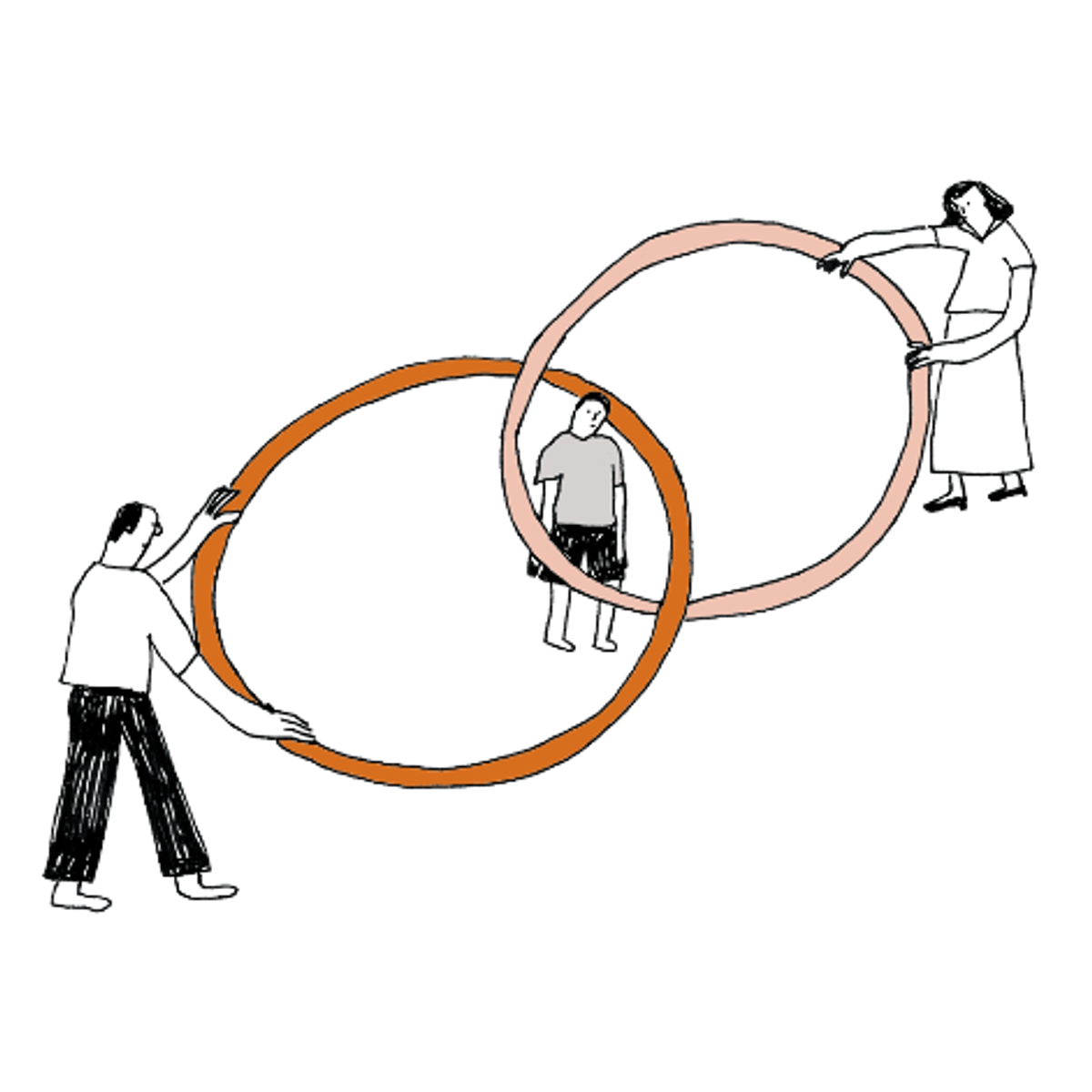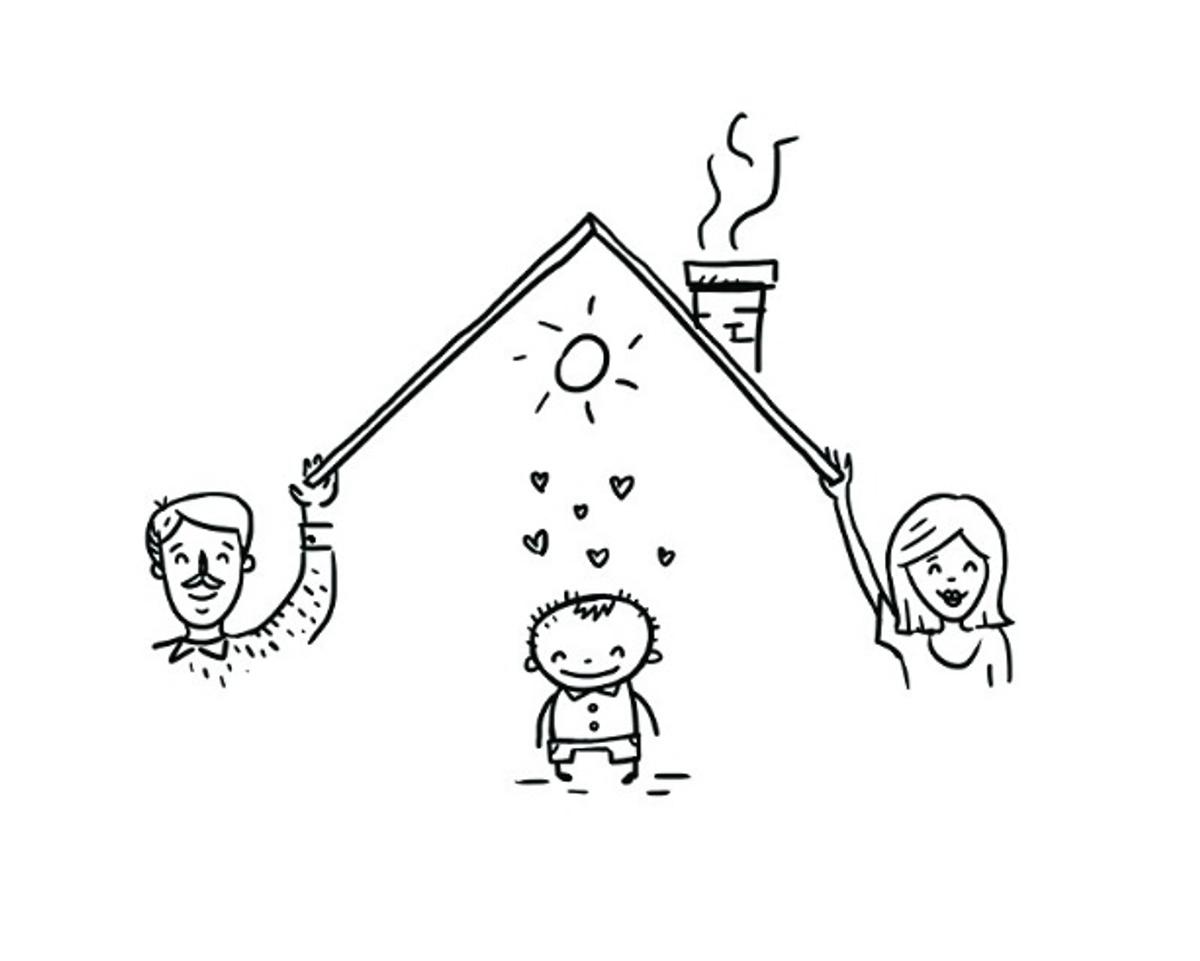Wellbeing
with Brittany Taylor

Wellbeing
with Brittany Taylor


Helping children adjust
Adapted from raisingchildren.net.au
Children adjusting to separation or divorce
Separation or divorce usually mean big changes for family life. Your child might feel upset and sad when these changes happen. It’s okay for your child to feel this way. It’ll help them to know that this is a tough time for everyone.
Talking with your child is one of the best ways to help them adjust to the changes in your family. There are also some practical things you can do to help, including sticking with familiar routines, involving children in decision-making and getting support.
Talking with children about separation or divorce
Here are some tips for talking with your child about the changes that separation or divorce bring:
Familiar routines for children after separation or divorce
Routines help children feel secure, safe and in control, so keeping up routines can help your child cope with changes like separation and divorce.
Try to identify small routines that really matter to your child like a regular playdate with a friend or a special book before bed. Let your child know that these things won’t change. If possible, try not to change big things like your child’s school.
It’s also good to maintain rituals. The way you wake your child in the morning or what you say to them at bedtime are reassuring rituals that you can easily keep up.
You can always create new routines and adapt rituals too. This might need to happen if there are changes to child care arrangements or your income. If your child is old enough, you could try working out some new routines together.


Decision-making with children after separation or divorce
If you can involve your child in small day-to-day decisions like how to arrange their room or what to have for dinner, it’ll help your child feel like they have some control at a time when many things are changing.
With older children, it’s important to listen carefully and let them know that their opinions matter. For example, you and your child’s other parent might be able to use some of your child’s ideas to plan your co-parenting arrangements. However, it is very important not to burden children of any age with big decisions, especially ones that make them choose or feel stuck between you.
Fun time with children after separation or divorce
Take time out to have some fun, even if it’s just a quick hug and giggle or putting on some music and dancing together. It’s also good to do a few things on the spur of the moment – for example, having dinner as a picnic in the park.
When children are struggling after separation or divorce: signs and support
Your child might not be able to tell you with words that they’re struggling but changes in their usual behaviour, mood or personality can be signs that they aren’t okay. These changes might include:
If you think your child needs support, there are a few people who can help. You can let your child’s teachers and school know what’s going on. We can watch out for changes in your child’s behaviour and might also be able to suggest other support options.
Key points
Brittany Taylor
Educational & Developmental Psychologist